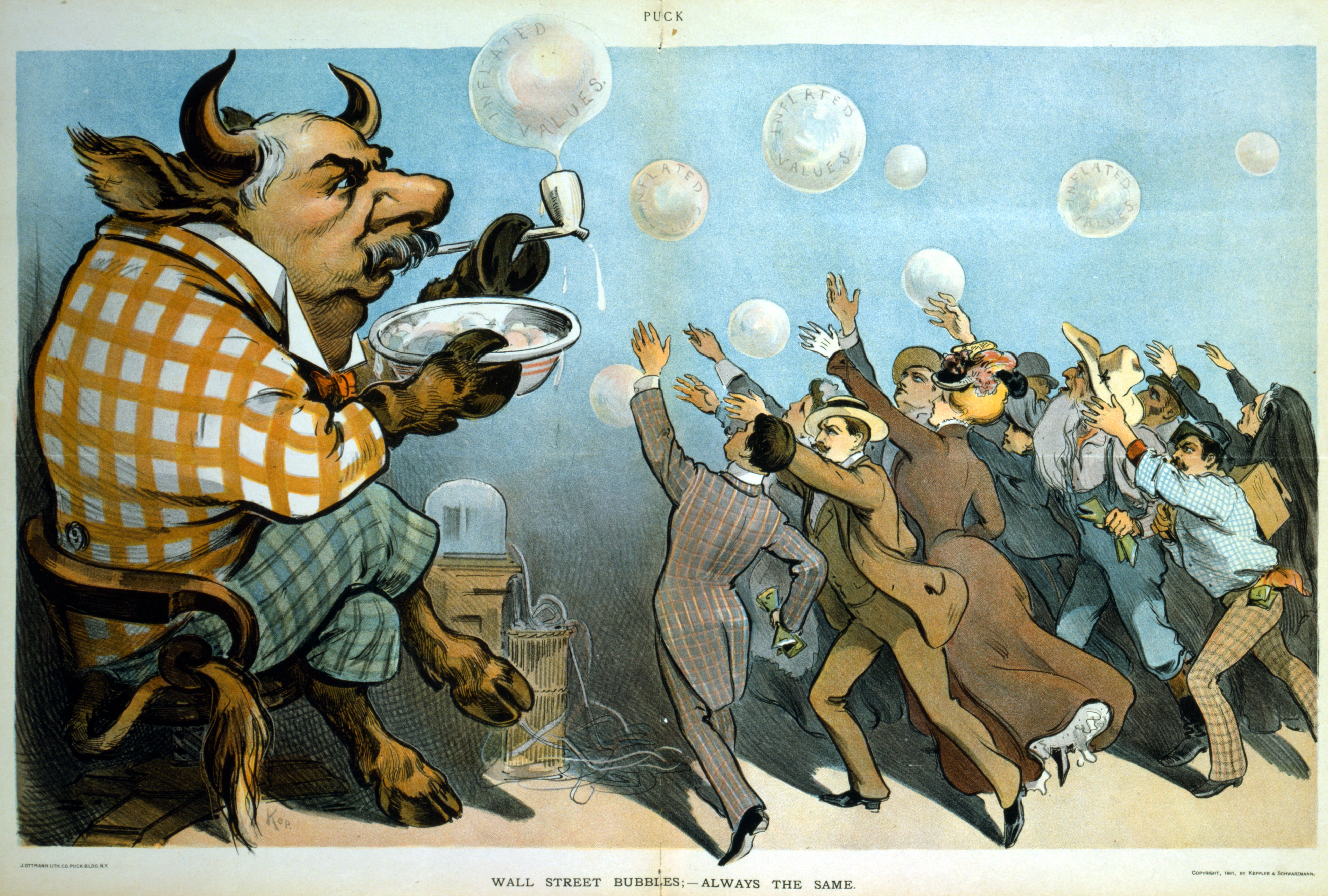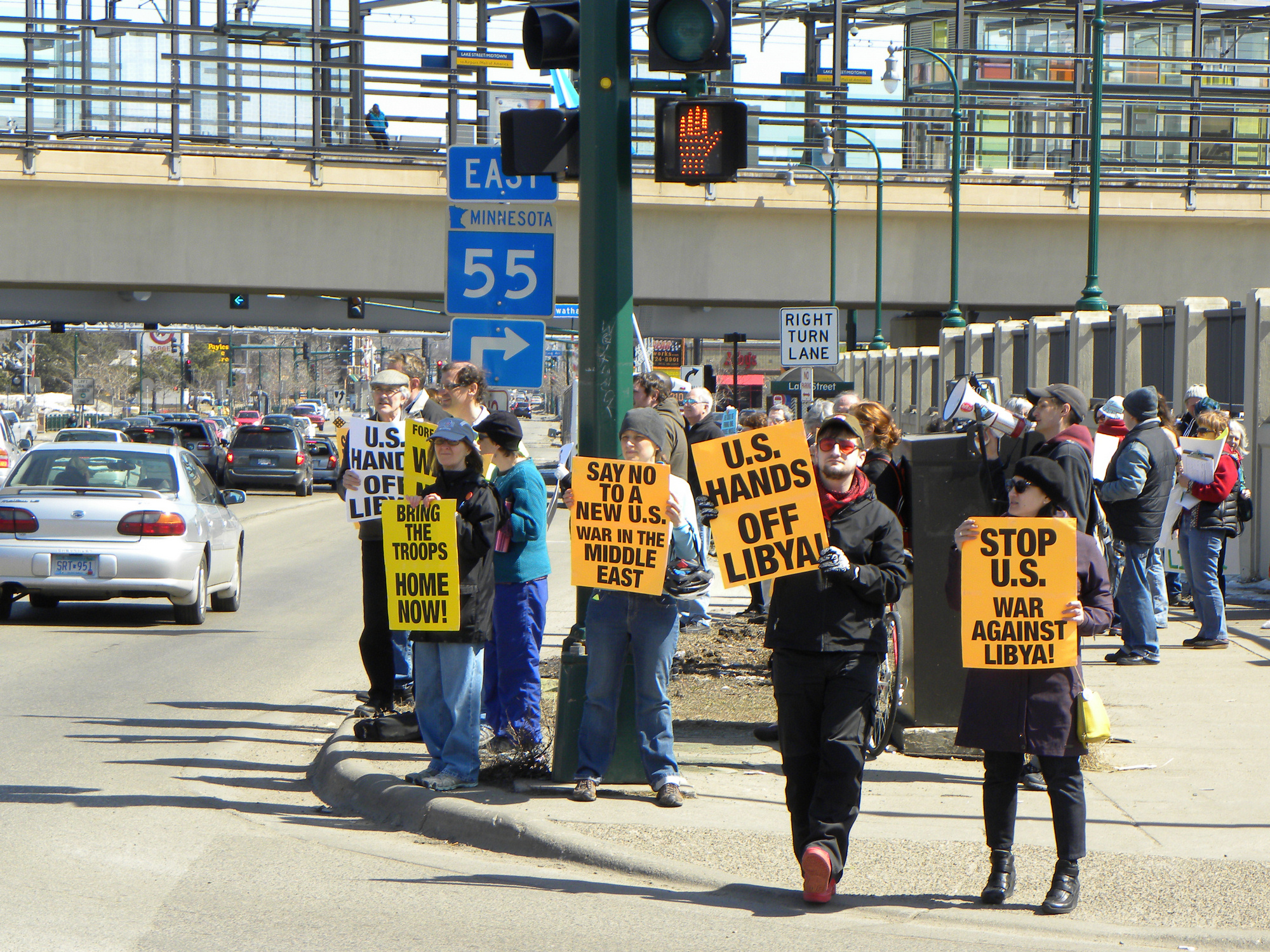Andrew Spannaus analyzes the anti-establishment revolt across the West in this excerpt from his new book, “Original Sins. Globalization, Populism, and the Six Contradictions Facing the European Union.”
By Andrew Spannaus
AspeniaOnline
 In 2016, the world began to change, with the Brexit referendum in the U.K. and the election of Donald Trump as U.S. president. In both cases, an insurrection of “regular people” against the structures of political and media power upset the political balance of two of the leading countries of the Western world.
In 2016, the world began to change, with the Brexit referendum in the U.K. and the election of Donald Trump as U.S. president. In both cases, an insurrection of “regular people” against the structures of political and media power upset the political balance of two of the leading countries of the Western world.
And the revolt didn’t stop there. It continued in 2017 and 2018 with a series of elections across continental Europe that saw the growth of protest movements and candidates willing to challenge the system of globalization that until recently seemed inevitable.
The anti-establishment revolt that has spread across the Western world is closely linked to the gradual transformation of the economic structure of the nations on both sides of the Atlantic over a period of decades, from one focused principally on production, to a system based increasingly on finance.

“Wall Street bubbles – Always the same.” 1901 cartoon depicting financier J. P. Morgan as a bull with eager investors. (Puck via Wikimedia Commons)
Finance has always had a role, of course, and speculative bubbles have often led to crashes and depressions in various periods of history. The characteristic of the shift over the past half-century is that of a structural change that despite provoking a series of crises, has not been effectively addressed. The result has been a widespread increase in inequality, interlinked with stagnation or even a decrease of purchasing power and living standards for a considerable portion of the population. This doesn’t mean that people don’t have more stuff nowadays, due to new digital technologies for example, they do. But most have to work more now, with more uncertainty, to make a decent living.
Speculative Financial Attacks
The mechanisms of the globalized financial economy have brought profound change in the international political sphere as well. Speculative movements have become a form of pressure under which countries can be brought to their knees, as national governments are no longer able to think of their own citizens’ interests in the face of a financial attack. Some might say that in the long run the markets are generally right, i.e. capital movements tend to reward or punish countries based on the quality of their economic policies. This ideological, tautological position is easily unmasked with reference to any number of speculative bubbles, from that of the “Asian Tigers” in the 1990s to the debt bubbles of Argentina and Russia in the 2000s; the pursuit of immediate profits in the name of shareholder value often means ignoring economic fundamentals, and exploiting misperceptions despite their lack of justification being fairly obvious to a reasonable observer.
The problem is not the existence of financial markets per se, but rather the role they have been given in determining economic policy, de facto shifting the aims of policymakers from the pursuit of the general welfare to the appeasement of investors in a model whose goals are generally not aligned with the long-term needs of the population.
The discontent produced by this process has now boiled over; and predictably, the targets of the protest are not only the executives who exploit the revolving door between finance and government (of which there have been many). A broader opposition has developed, a cultural revolt that mixes multiple factors associated with the same process. In the case of globalization there is no denying that many changes have been due not to some inevitable process of upheaval ultimately leading to progress. Rather, numerous Western industries have been uprooted in order to exploit weak labor and environmental regulations in countries that were desperate for investment. Political decisions were made to further this process, essentially disregarding the long-term effects they would have on the workforce in developed nations.
The defenders of globalization say that people have to be ready to adapt to this process, yet when adaptation means seeing a worsening of one’s standard of living, accompanied by a loss of social cohesion, it’s not surprising that frustration and discontent grow over time.
Immigration
Another major issue that has emerged in this context is, of course, immigration. A strong reaction has developed among conservatives in particular, but has expanded to have a general effect beyond those who would normally be considered xenophobic or racist. In many countries, right-wing populists have used immigration as one of their major issues in criticizing globalization. The notion that the disappearance of borders means that people should be able to go wherever they wish, has fed into fears of a rapid change in the identity of Western European countries in particular, in both economic and social terms.
There is no denying the centrality of the issue of immigration, yet it is political malpractice not to recognize how it is linked to the overall reaction to globalization, starting in the economic sphere. The insecurity people feel due to more difficult living conditions feeds a fear of immigrants, who are seen as a threat to economic well-being. If immigrants are willing to accept lower pay and less comfortable living conditions, it is not hard to see how that can put downward pressure on the living standards of others.
Disastrous Wars
A third key issue is foreign policy. While the notion of free markets has been used to promote neoliberal economic policies, the defense of human rights has been proclaimed as the justification for a series of disastrous wars. President Barack Obama made great use of Hillary Clinton’s hawkishness to win the Democratic primaries in 2008, only to later be pushed into another regime-change war a few years later, in Libya. Donald Trump went further, decrying the “$6 trillion wasted in the Middle East” that could have been used to “rebuild our country.” This attack on the so-called shared values of the international liberal order struck a strong chord in U.S. citizens tired of endless conflict, making a connection between a failed foreign policy and economic decline. The effects were felt in Europe as well, in particular as regards a potential shift in the Western stance towards Russia.

Protest in Minneapolis, April 2, 2011, against U.S. military intervention in Libya. (Fibonnaci Blue via Flickr)
Little Progress
In the United States, while pundits concentrate on the tone of the political/public debate as it is affected by Trump’s style, there is little progress on addressing the long-term process that has brought us to this point. Yes, there has been economic growth, and even an uptick in manufacturing jobs, yet the middle and lower classes in the United States still struggle to make ends meet, while younger workers in particular suffer from uncertainty regarding their future. Ignoring this reality, claiming that whoever still feels an aversion to the mainstream narrative regarding the economic and political conditions of the country, merely strengthens the disconnect between different segments of the population. Fortunately for the Democratic Party, in the 2018 mid-terms most candidates decided to concentrate on pocketbook issues, starting with healthcare, rather than trumpeting the cause of the resistance against the “deplorables,” the term used by Hillary Clinton in 2016.
The similarity with the political situation in Europe is obvious. For years the political and media establishment branded any anti-European Union positions as being inherently racist and reactionary, simply feeding the perception that the institutions were out of touch with the demands of a significant portion of the population. From the Netherlands to France, from Germany to Italy, populist parties have all drawn on opposition to globalization and austerity to grow their support, often — but not always — mixed in with criticism of increased immigration. Despite the different political systems, the issues are so similar to those in the United States that it is hard to deny a connection, or to reduce the popular reaction to one based only on racism or fear of others.
Given the parallels between the situations in Europe and the United States, the only practicable remedy is also quite evident: either political institutions begin to deal seriously with the fundamental economic changes that have taken place over a period of decades, or nobody should expect the revolt of the voters to subside, with all of the negative side effects seen to this point. And there is no doubt things could get even worse, in Europe in particular, where the last cases of dictatorship and destruction of democratic institutions are not so far in the past.
Andrew Spannaus is a journalist and political analyst based in Milan, and the elected chairman of the Milan Foreign Press Association. His latest book is “Original Sins. Globalization, Populism, and the Six Contradictions Facing the European Union,” published in May 2019.


Trump won because he promised change. Hillary loved the “status quo”. She should come down from her Penthouse. Six Trillion spent on War feeds The War Machine so they can buy politicians who support War. Without War most of the refugees would stay home. Economic inequality always leads to violence. Fascists create problems and then claim they are the only one that can fix them. Vote Progressive. Take back “our” government.
I think Brexit was great. However, most people on BOTH sides did not really know what they voted for. Many brexiteers have this strange idea that everything will be OK once they are out (if it happens). EU is only a part, a big part still, of the global capitalist-finance monster. The right wing brexiteers don’t see capitalism as a problem necessarily. But I think many would be surprised by how many brexiteers are actually left wing or left leaning. Of course the media never tells us by them, only about chain smoking bigots. What scares me is that people lack a basic understanding of how the world works. If you are “liberal”, you trust everything the traditional, liberal media tells. If you say one critical word about for example Amnesty International or The Guardian, you are put in the same group as people who believe reptile Jews are going to take over the world. I am going a bit off topic now, but my point, I guess, is the broader left’s (including liberals) betrayal of ordinary people, and a lack of critical thinking all over the political spectrum. One thing Brexit did achieve was putting the words working and class back in middle class vocabularies again. Honestly, I don’t think a real Brexit will ever happen, it will be some sort of pseudo-Brexit.
Everything you say is clear and true to me. The US media has for years conflated “left” and “liberal” because the American Left has been weak for nearly a century. There are plenty of left wing Brexiteers but sadly I’ve seen many swing to the right after the liberal-left media and blue checks declare all people who voted to leave (17.4 million) to be “fascists.”
What has prevented any legitimately “populist”/progressive movement from taking root in the US is the profound split between the middle class and poor, workers and those who are phased out of the job market. Every aspect of our lives is determined by economic status. We’re over 20 years into the Democrats’ war on the poor, which has maintained the implicit support of liberals. Liberals “fight” to reduce the “inequality” between middle class and rich, within our capitalist system. Radical. By the end of the Obama administration, it was clear that the split between poor and middle class was beyond repair.
As long as there is no draft, war isn’t at the top of the list of priorities. From children to the most senior Boomers, what could be more normal than an America engaged in war? I suppose that if we can get protest permits and adequate funding, we can hold an anti-war rally now and then, as a “statement” that we oppose war. It wouldn’t have any impact on the decisions made by government, but there are those who argue that it’s better than doing nothing.
That’s where things stand in today’s America. For the more fortunate, tomorrow is just another working day, For the less fortunate, it’s just another day of struggling to find enough to get by on. I don’t have a viable solution. Those in power will do whatever they have a notion to do.
We are certainly seeing nationalist candidates/movements springing up, as the article describes. However the actual power of those initiatives remains limited and in most cases remains marginal, in the context of overall power structures. Certainly in the case of Trump we can see that the counter-reaction to Trump is far more energetic than whatever support Trump still enjoys. Similarly we can see the strong energy behind the anti-Brexit movement in the UK. I think we need to give considerable attention to the possibility that the ‘populist rebellion’ is designed to fail, serving as a kind of vaccination against anti-globalist sentiments. A context would be created where ‘nationalist sentiments have been thoroughtly discredited’, and ‘globalization is the only way forward’.
I can’t remember whose idea I’m plagiarising, but you can think of the financial markets as the central planning organs of capitalism. They allocate capital between firms and states, deciding whether they prosper or fail. The criteria for for allocation go well beyond simple market principles (how else to explain the billions shoveled into unprofitable operations like Uber), superseding the state as the “executive committee of the ruling class” due to their global reach.
This global central planning function made finance the perfect strategic position to begin the offensive against states and corporations seen as too accommodating to popular demands. The Trilateral Commission’s ‘Crisis of Democracy’ report of 1975 showed just how terrified western elites were prior to the rise of financial power and globalisation.
Bringing the central planning function of finance back under democratic control should be at the centre of any ‘Populist’ politics. Capital controls to prevent capital flight and at least partial nationalisation of finance would be a great start.
Excellent remarks on corporate/financial globalisation. The Trilateral Commission is still around and worried about the same things today – “populists” of the left ie Bernie Sanders and Jeremy Corbyn in the UK. They had a meeting in November with Jordan Peterson and John Hickenlooper in attendance and posted some of their content to YouTube https://m.youtube.com/watch?v=l0cBdzVc3fw.
Biden-Abrams is their preferred 2020 ticket, just as in 1976 they installed Carter-Mondale for “normalcy.” They have backed the Bidenite think tank More in Common alongside Pierre Omidyar.
I have a lot of problems with this article. What has clearly happened is that for all practical purposes the USD is not the USAs any more.
I think I can put it most succinctly in this way: There is a fully comingeled block of 50+TRILLION dollars spread among 17 management funds. This has been fully documented in the book GIANTS: The Global Power Elite by Peter Phillips.
The USD is 22 TRILLION in debt.
We all know about “retaliatory capture” the revolving door where the industry controls the regulator and that is what has happened to the USG it has been captured lock stock and barrel by the Global Power Elite who are +50 while “we” are -22 — the world is ruled by its owners. A full 85% of productive assets are in the hands of the Global Power Elite.
Noam Chomsky could be president and a country would still be invaded within a month.
The global system of central banks is privately owned, the system is governed by the Bank of International Settlements, the 14 largest banks create all the money they need themselves and set interest rates to suit themselves. The whole thing runs independent of the US Treasury which is just a repository for debt.
Things are far worst than almost anyone realizes.
I think the author nailed it with “the gradual transformation of the economic structure of the nations on both sides of the Atlantic over a period of decades, from one focused principally on production, to a system based increasingly on finance.
…although I’d date it much older than decades and widen “the both sides of the Atlantic” to include a much larger portion of the globe, especially Asia and any developing country with a massive debt.
Present governments around the world are all corrupt – it is only a matter of degree which are the worst. Real ethics and spirituality are in decline everywhere, which constitutes the real probability of our self-extinction as a species. Our human world based on lies is coming apart before our eyes.
Two subheadings – “Immigration” and “Disastrous Wars” – but no connection made between the two, as if they are discrete problems.
People, in general, do not want to leave their countries for an uncertain future unless some event – war, maybe? – forces them to make the decision. How about “refugees” instead of “immigrants”? I would be interested in a breakdown in the number of people emigrating for purely economic reasons (are there ever such things?) and the economic and safety reasons stemming from wars fomented in their home countries, either caused or abetted by foreign nations. And guess which country is at the top of that pyramid? Protests against massive immigration by the affected recipient populations are valid but should always, always be tied to the international sowers of chaos responsible for the upheavals.
Very well written article.
The author captures the forces driving populist change. It also “puts the lie” to Margaret Thatcher’s claim that “there is no such thing as ‘society’.” By that phrase Thatcher meant that so-called “free market economics” is all that matters. Were she alive today she would see in the real world rapacious, unrestrained capitalism destroys lives and that “society” doesn’t put up with the majority of its members being ripped to pieces.